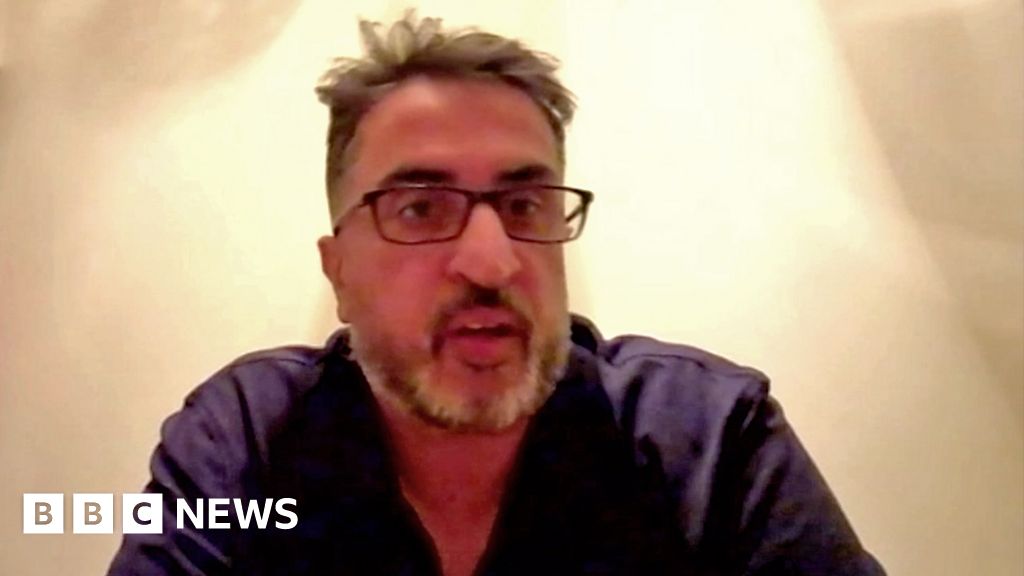On the contrary, I believe that there were poor decisions made, and the tragic consequences for some of those accused could and should have been anticipated.
That doesn’t mean that hundreds of Post Office middle management were evil nor should be accused of being capable of war crimes and attrocities.
We all make poor decisions. If you were to look at the evidence you'd see many of these PO
poor decisions were actually
immoral decisions (at best). It's heart warming that you believe this is a **** up and not a conspiracy to conceal the truth, but the evidence suggests otherwise. The PO has, since about 2020, admitted it was wrong and the feet dragging has been by the legal/gov processes, but before then there was about 20 years of PO lies and what I think a normal person would say is immoral or cruel behaviour, not poor decisions. For example:
- The PO acting as police investigation and CPS rolled into one and choosing to prosecute where no evidence existed: (the fact that some postmaster corrected the computer account shortages manually was seen as guilty behaviour).
- Pressuring sub postmasters to accept lower level guilty plea bargains in order to either avoid prison or resume business: for people almost driven mad by the fact that they know they're innocent but have to plead guilty to avoid prison, this is incredibly distressing.
- In fact, we know four people committed suicide. Martin Griffiths was hounded for a £100k shortfall and going mad not understanding if he was making mistakes or if staff were stealing from him he stepped in front of a bus. After his suicide the PO visited and offered his widow £120k (enough to cover the so called debt and £20k left over) but only if she signed THAT DAY and signed a confidentiality agreement banning her from sharing Martin's story with the other victims.
- Is giving a widow 24 hours to decide if she should accept £120k or have zero and a £100k debt a poor decision or an immoral one? I'd say immoral at best.
- Even when they were not able to successfully prosecute (as in Mr Bates case) they still often ended the contract, ending their income and reputation anyway. Mr Bates and his misses had to find new occupations, not easy when you've had your contract terminated due to alleged false accounting.
- End of contract means no business = have to live on life savings until a new job paying the same comes along. That's why "loosing life savings" is real. Or paying the shortfall from lifesavings in order to keep the business.
- The PO told each Horizon victim there were no other complaints when they knew there were.
- Some PO investigators lied to say that evidence existed of theft in order to get them to admit false accounting charges - you might be strong enough to resist all these lies, but obviously many were not.
- The legal review by CCRC has noted that this case was an affront to the public conscience... but not everyone agrees it seems!
- From 2013 the POs own investigation revealed (it was suspected much earlier) that Horizon was to blame... they carried on prosecuting anyway... poor decision?
The Times today on Martin Griffiths suicide: (
www.thetimes.co.uk)
"Over the next four years he put £100,000 of his own money into the system to balance the books as his mental health deteriorated. In September 2013, at the age of 59, he left home early, leaving a note apologising to his family, and took his own life. Caveen said that
his wife, Gina, was pressured into signing a £120,000 settlement deal and non-disclosure agreement [NDA] with a payout that prevented the full story from emerging until 2022. Caveen has revealed that the
Post Office director Angela Van Den Bogerd, played by Katherine Kelly in the ITV drama,
travelled to the Wirral to get “Gina to sign the NDA”. She was given only 24 hours to accept what campaigners have called a “pistol to the head” deal."
The 24 hours to sign or you get nothing is the sort of cheap trick that a mobile phone salesman would use to get a 20 quid contract signed... By this time the senior management knew Horizon was faulty: despicable behaviour not a poor decision.
As for 'are these sorts of people capable of war crimes?'. I'm very sorry I muddied the water with the Nazi comment because it is a massive distraction (I'm just fascinated by Nazi history so slip into thinking about them too often!). All I can say - hopefully more clearly - is that
the attitude of 'this person may go to prison but at least I get my pay rise / won't be seen as a boat rocker' is a pretty good indication of a willingness to do something profoundly immoral, or ignore something profoundly immoral, for personal gain... make of that what you will.


